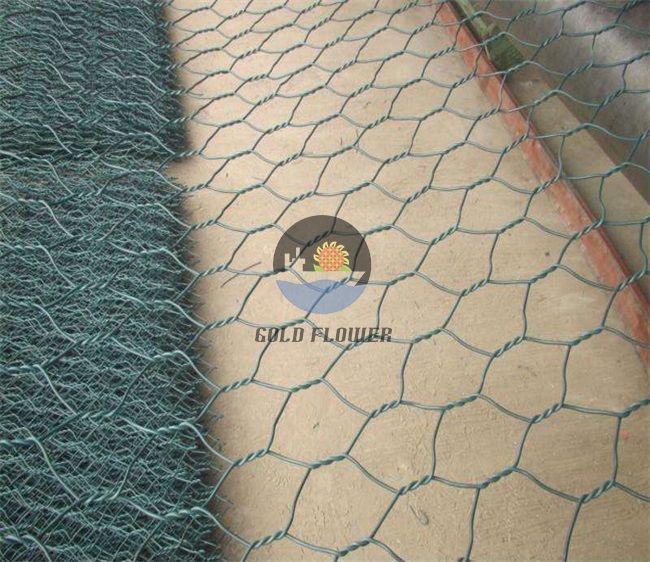Jul . 28, 2024 03:37 Back to list
Choosing the Best Fence Netting Wire for Your Home and Garden Needs Efficiently
Choosing the Best Fence Netting Wire for Your Needs
When it comes to securing your property or protecting your garden, choosing the right type of fence netting wire is crucial. Whether for agricultural purposes, residential security, or keeping pets safe, the quality and type of fence netting can make all the difference. Understanding the different materials, types of fence netting wire available, and their specific applications will help you make an informed decision.
Types of Fence Netting Wire
1. Chain Link Fencing This is one of the most common forms of fencing, made from galvanized steel wire that is woven into a diamond pattern. Chain link fencing is durable, easy to install, and requires minimal maintenance. It provides security while allowing visibility, making it ideal for residential areas.
2. Welded Wire Fencing Welded wire is made by welding together wires at their intersections, forming a robust structure. This type of netting is highly durable and is frequently used for agricultural applications, livestock enclosures, and garden fencing. Its sturdiness makes it resistant to bending and warping.
3. Barbed Wire Fencing Designed primarily for security, barbed wire fencing consists of steel wire with sharp edges or points at intervals. It is commonly used in farms and ranches to deter intruders and animals. However, caution must be exercised, as it can pose a risk to pets and children.
4. Electric Fencing This innovative type of fencing uses electric current to deter trespassers and animals. Electric fencing can be an efficient option for containing livestock or protecting gardens. It requires regular maintenance and proper installation to ensure safety.
5. Field Fencing Specifically designed for containing livestock, field fencing is made from wire strands that are woven together to create a strong barrier. It is excellent for keeping large animals such as cattle and horses contained while allowing smaller wildlife to pass through.
Factors to Consider
best fence netting wire

When selecting the best fence netting wire for your needs, several factors should be considered
1. Intended Use Are you looking to secure your property, keep pets in, or protect your garden from wildlife? Understanding your specific needs will help in choosing the appropriate type of fencing.
2. Durability and Material Consider the environment where the fencing will be installed. Galvanized wire provides increased rust resistance, while stainless steel offers even greater durability but at a higher cost. Assessing local weather conditions is essential for choosing the right material.
3. Height and Spacing The height of the fence is an important factor, especially when dealing with larger animals or intruders. Additionally, consider the spacing of the wire to ensure that it adequately prevents unwanted access.
4. Aesthetics If visual appeal is a concern, you might want to consider options that blend well with your landscape or home design. Some fencing materials come with coatings that can be painted or are available in various colors.
5. Local Regulations Before installing any fencing, check local zoning laws and regulations regarding height, materials, and design. Non-compliance can result in fines or forced removal of your fence.
Conclusion
Selecting the best fence netting wire is essential for ensuring safety, security, and functionality in your space. With various types of fencing available, each with its unique benefits, it is paramount to consider your specific needs, local environment, and potential regulations. By taking the time to choose the right materials and design, you can create a sturdy barrier that meets your requirements while enhancing the beauty of your property. Whether it’s for livestock, pets, or landscaping, proper fencing is a vital investment that can yield significant benefits in the long run.
share
-
Premium CE Certified Metal Fine Mesh for Precision & Safety
NewsAug.24,2025
-
Stainless Steel Wedge Wire Mesh: Durable, Precision Filtration
NewsAug.23,2025
-
CE Certified 250 Micron Stainless Steel Mesh for Precision Filtration
NewsAug.22,2025
-
CE Certified 250 Micron SS Mesh - Precision Filtration & Strength
NewsAug.21,2025
-
CE Certified Woven Wire Mesh Filters | Premium Filtration Solutions
NewsAug.19,2025
-
High-Performance Particle Filters: Optimal Mediums & Applications
NewsAug.18,2025

